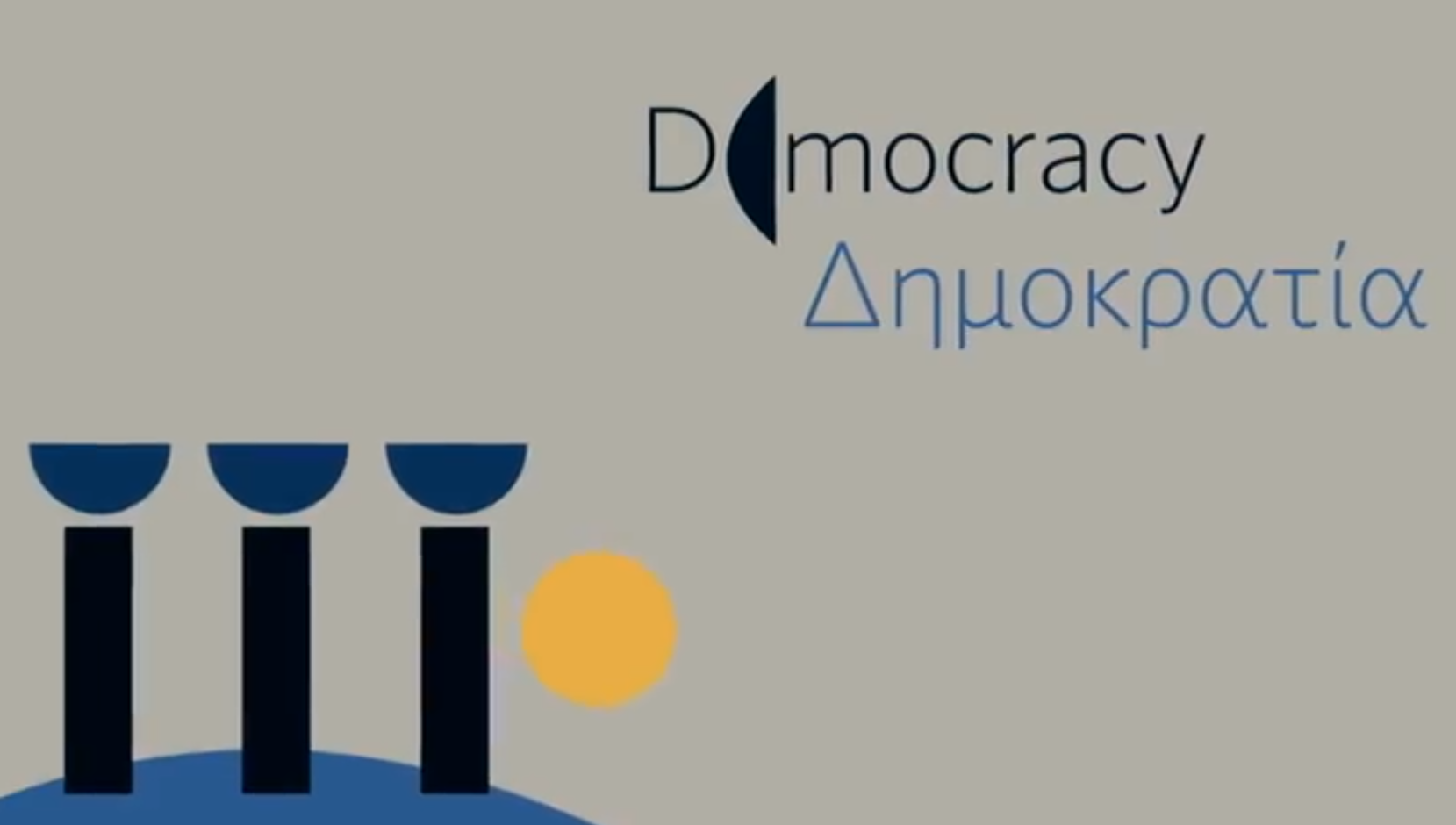The Forum Report and separate papers can be downloaded here.
The Schuman Centre for European Studies and the Christian Political Foundation for Europe hosted 85 participants from across Europe at the STATE OF EUROPE FORUM 2014, held May 8-9th in Athens, during the Greek presidency of the EU.
Turning crisis into opportunity
The forum gathered European politicians, theologians, academics, church leaders, educationalists, economists and activists to reflect on the state of Europe today, in the light of Robert Schuman’s vision for Europe as ‘community of peoples deeply rooted in Christian values’. In Dublin in 2013, five areas of crisis facing Europe today were identified in the economic, political, social, environmental and religious spheres of life.
Developments in the Ukraine gave fresh urgency to the topic of HOPE in times of crisis.
The Athens event sought to address issues related to these crises, particularly as experienced in southern Europe and specifically in Greece. Widespread distress resulting from individual and corporate national debt, youth unemployment and dwindling resources for health care and housing, all threaten social and political stability. Other European nations faced parallel challenges. Lack of solidarity in the European Union undermined its capacity to respond adequately to the the worldwide crises.
Working groups engaged with the following questions: How could we contribute towards just and sustainable economies? How should we respond to current threats to democracy, and freedom of belief and conscience? How could we promote solidarity, that is, a commitment to the welfare of the whole? What was our responsibility towards refugees and migrants flooding Europe’s southern shores? What opportunities did these crises offer to promote ‘shalom’, right-relatedness, in all spheres of life?
These pressing issues summoned us to thoughtful, responsible and respectful responses based on the wisdom of the God proclaimed by Paul on Mars Hill in Athens 2000 years ago. For the gods of silver and gold had failed us yet again. And it was in the God who was still unknown to many Europeans today that ‘we lived and moved and had our being’.
The forum opened with a public event in the Old Parliament Building on Thursday, May 8, at 19.30. Greetings were brought by Rev Meletis Meletiadis, president of the Greek Evangelical Church Synod, and by Mr Anastasios Nerantzis, MP, Secretary General of the Interparliamentary Assembly on Orthodoxy, and former Vice-President of the Hellenic Parliament. A panel of activists and church leaders – Fotis Romeos (AGM), Katerina Kantartzis, Dr. Vasileios Meichanetsidis, Apostoli-Mission, Gabby Markus (OM) and Nigerian Pastor – shared encouraging reports of hope amidst hardship as they talked of engaging with the poor and those most affected by the crisis.
The Four Seasons String Quartet played delightful interludes including the European Anthem, Ode to Joy. Monsignor Piotr Mazurkiewicz, Warsaw, Poland, former general secretary of COMECE, (Commission of the Bishops’ Conferences of the European Community) introduced perspectives on solidarity in relation to patriotism and nationalism, a highly topical theme. Jeff Fountain of the Schuman Centre presented five ways of understanding the state of Europe. Dr. Petros Vasileiadis, Professor of New Testament, Aristotle University of Thessaloniki introduced the talk he gave in greater detail the next day on Spirituality and Politics, and the importance of religion in the re-integration of Europe
The following morning began with a bible study by Dr George Adam on Acts 17, held on Mars Hill where Paul delivered his famous speech. This laid biblical foundations for themes to be addressed in the forum: solidarity, migration, democracy, economics, freedom & Christian hope.
Back in the Electra Palace Hotel in Plaka, the first plenary session set the context for the forum, as Jeff Fountain explained what Robert Schuman meant by the ‘soul’ and ‘spirit’ of Europe, and Dr Vassiliadis continued on spirituality and politics in Europe today.
Working group leaders gave introductions to the following themes:
• Towards a just, sustainable and relational economics
• Migration – whose responsibility?
• Solidarity, patriotism and nationalism
• From Athens to Brussels – how democratic is Europe?
• Safeguarding freedom of religion and conscience
The afternoon working group sessions led to the formulation of consensus statements on each theme later to be included in the Athens Affirmation, a summary statement of the forum for ongoing application.
A plenary discussion on responding relationally to the Ukraine crisis, facilitated by Jonathan Tame and Philip Powell of the Jubilee Centre in Cambridge led to lively discussion, before the closing address was brought by His Eminence Ignatios, Metropolitan of Demetrias and Almyros, on ‘Christianity and Europe’.
The Forum Report and separate papers can be downloaded here.
______________________________________________________________________________
The inaugural STATE OF EUROPE YOUTH FORUM for students and young professionals ran concurrently, May 7-11, and gave opportunity for engagement with experienced practitioners at the Forum. Youth Forum participants formed into small teams to address the themes listed above.


